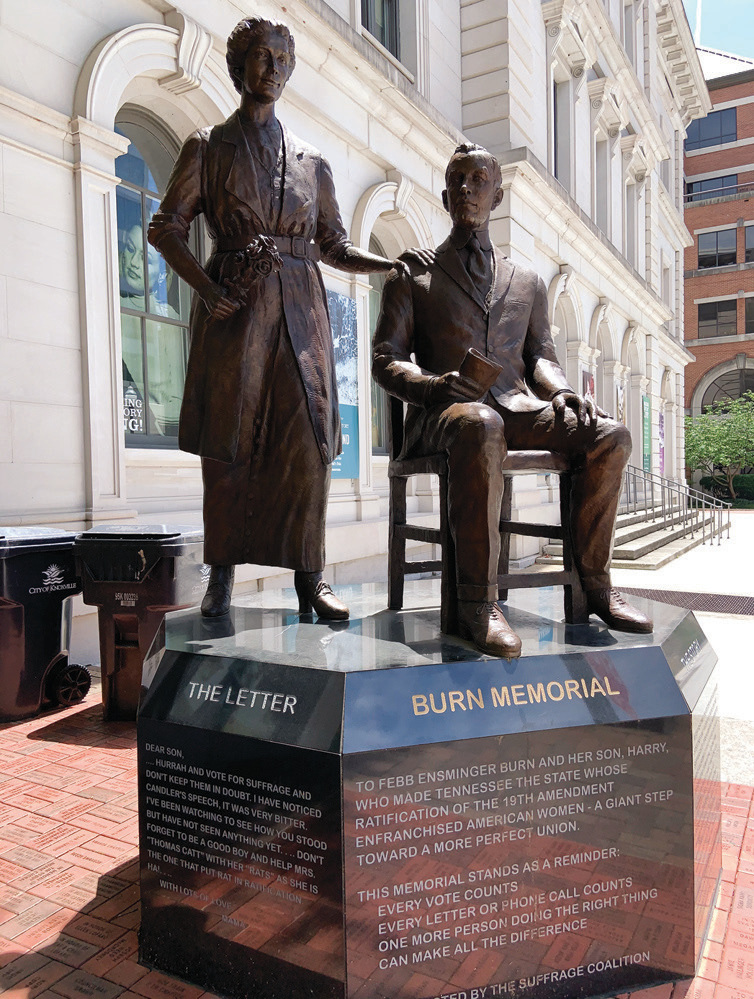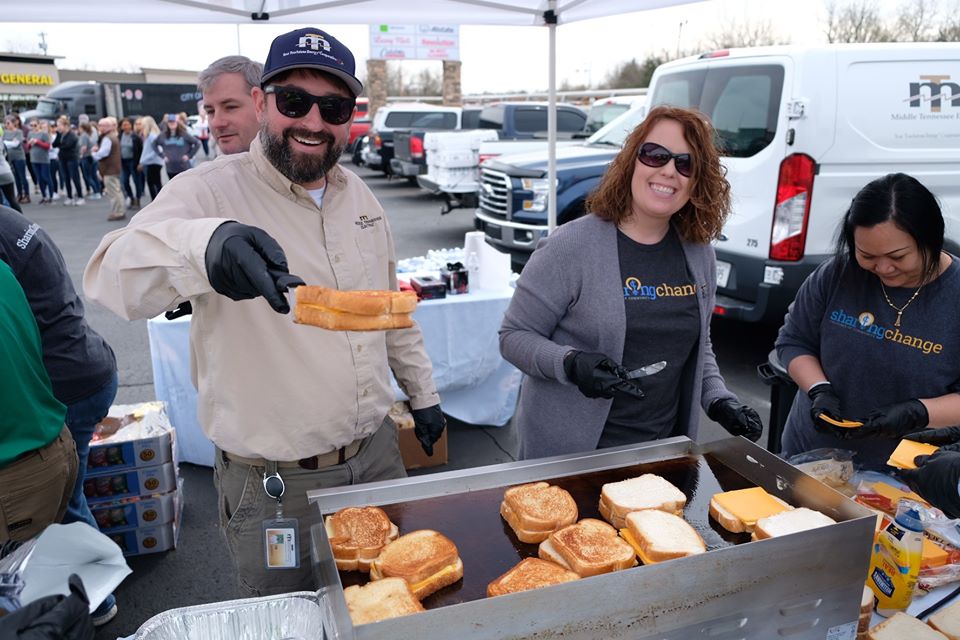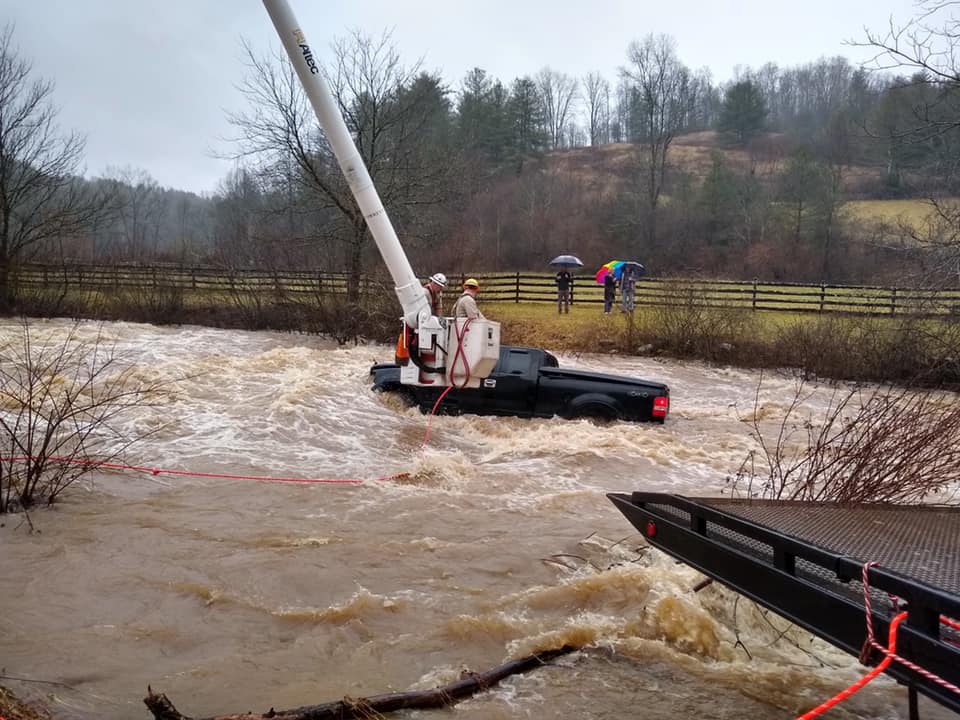The best way to celebrate democracy is by encouraging full participation in public life. That’s why Tennessee’s electric co-ops are supporting National Voter Registration Day on September 22, 2020.
According to the U.S. Census Bureau, less than 70% of eligible American citizens of voting age – 18 and over – were registered to vote in 2018. That means that up to 30% have not filed the required applications with their counties, parishes or states of local voter registrar’s offices, which are essential for making our voices as meaningful in American life as they might be.
We’re among thousands of organizations committed to making September 22 the most successful National Voter Registration Day in history, because we believe its goals are more important than ever before. Here’s why:
Unusual Year-Unexpected Changes
While 2020 began as a very active political year, disruptions brought on by the COVID-19 pandemic concerns altered the campaign plans of many candidates. They also dramatically reduced overall access to voter registration forms through department of motor vehicle offices, public libraries and schools.
Suspension of on-site classes at many high schools prevented guidance counselors and government teachers from passing out registration applications to students who reached voting age this spring and summer.
Voter education efforts by churches or by state and local officials who normally would have booked space at community events to encourage community outreach found many of those events scaled back or canceled throughout spring and summer.
Lingering concerns about a resurgence of COVID-19 cases this autumn continue to fuel uncertainties on exactly how polling locations will operate or just how states and other jurisdictions will handle absentee and mail-in balloting.
The Challenge Ahead
“According to the PEW Charitable Trust’s state-by-state comparison of voter turnout for the 2014 midterm elections, Tennessee was dead last at just 28.5 percent,” said Trent Scott, vice president of corporate strategy with the Tennessee Electric Cooperative Association. “Increasing overall participation in the election process begins with registering as many eligible voters as possible.”
That’s the goal of National Voter Registration Day. Recognized as a civic holiday since 2012, the annual event has served as a rallying point for voter registration initiatives supported by a network of nonpartisan organizations committed to increasing overall participation in the electoral process.
“Voting is central to American democracy,” said Laura Vogel, a senior political affairs advisor at the National Rural Electric Cooperative Association. “That’s why many electric cooperatives and their statewide associations are committed to making this year’s National Voter Registration Day the most successful event ever.”
Vogel, who represents electric co-ops on the National Voter Registration Day steering committee has worked with co-ops in [State] and throughout the nation to help develop new and effective ways to encourage co-op members to participate in local, state and national politics.
“Since 2012, National Voter Registration Day awareness efforts have helped to register more than 3 million voters,” said Vogel. “This year, we’re putting even more emphasis on digital engagement, because 41 states and the District of Columbia allow voters to register online.”
Many electric co-ops are using their social media pages to promote voter registration, and encouraging political engagement with articles in their newsletters, on their websites and with bill attachments or point of contact brochures and leaflets.
“More than 20,000 volunteers are committed to promotion of National Voter Registration Day,” said Vogel. “In the weeks ahead, electric co-ops will be promoting webinars on digital organizing and working closely with community organizations and businesses that are likely to remain open even if a resurgence of COVID-19 pandemic concerns occurs this autumn.”
“National Voter Registration Day is a great opportunity for us all to begin focusing on the most important aspects of this political season,” said Scott. “This nonpartisan program promotes participation, and that includes ensuring that those who are registered to vote stay abreast of any changes that we might see in how to legally cast ballots in our state on election day.”
Remember to mark your calendar for National Voter Registration Day on September 22, and together, let’s enjoy the rights and opportunities we all share as Americans and celebrate our democracy. To learn more about National Voter Registration Day, visit www.nationalvoterregistrationday.org.
Derrill Holly writes on consumer and cooperative affairs for the National Rural Electric Cooperative Association, the national trade association representing more than 900 local electric cooperatives. From growing suburbs to remote farming communities, electric co-ops serve as engines of economic development for 42 million Americans across 56 percent of the nation’s landscape.






